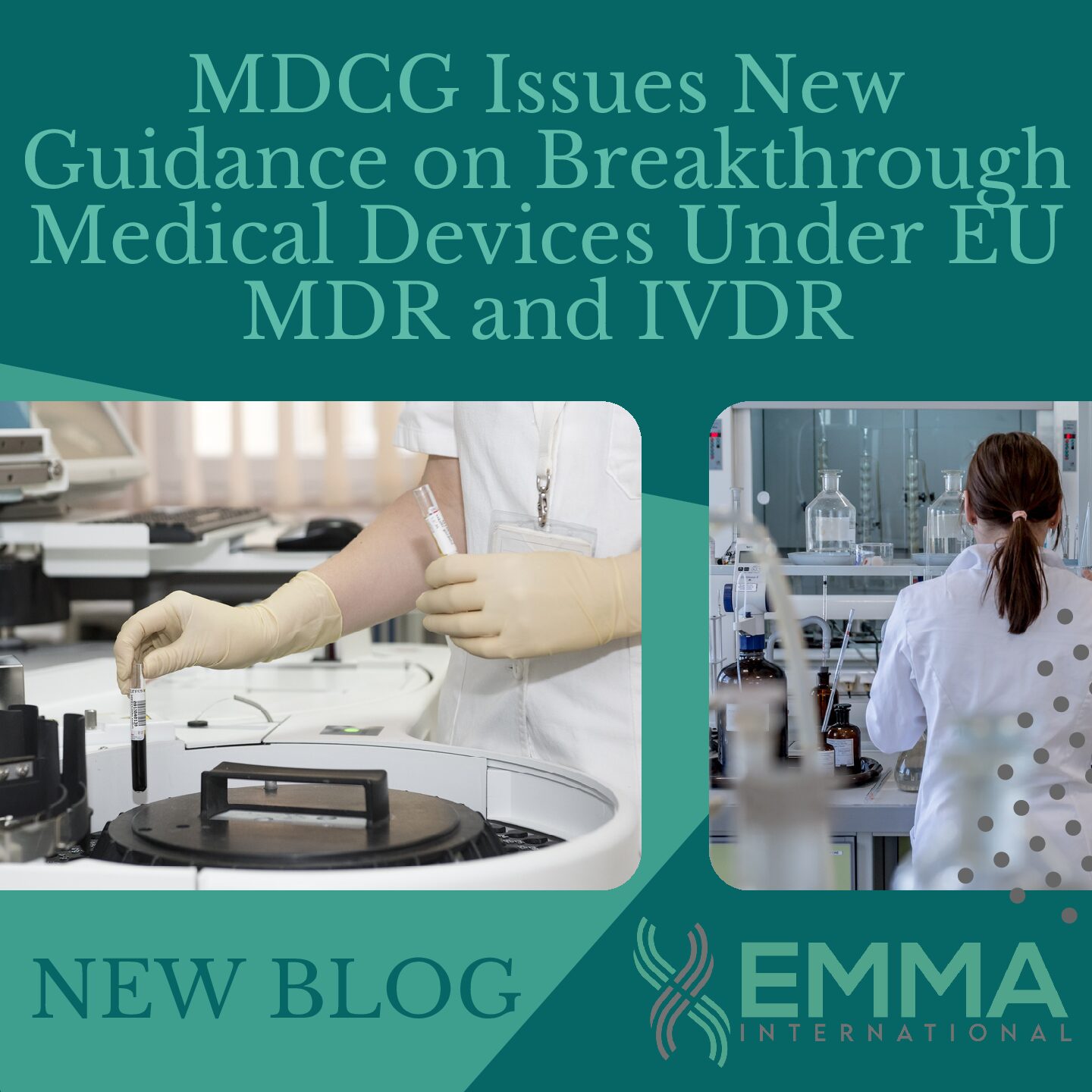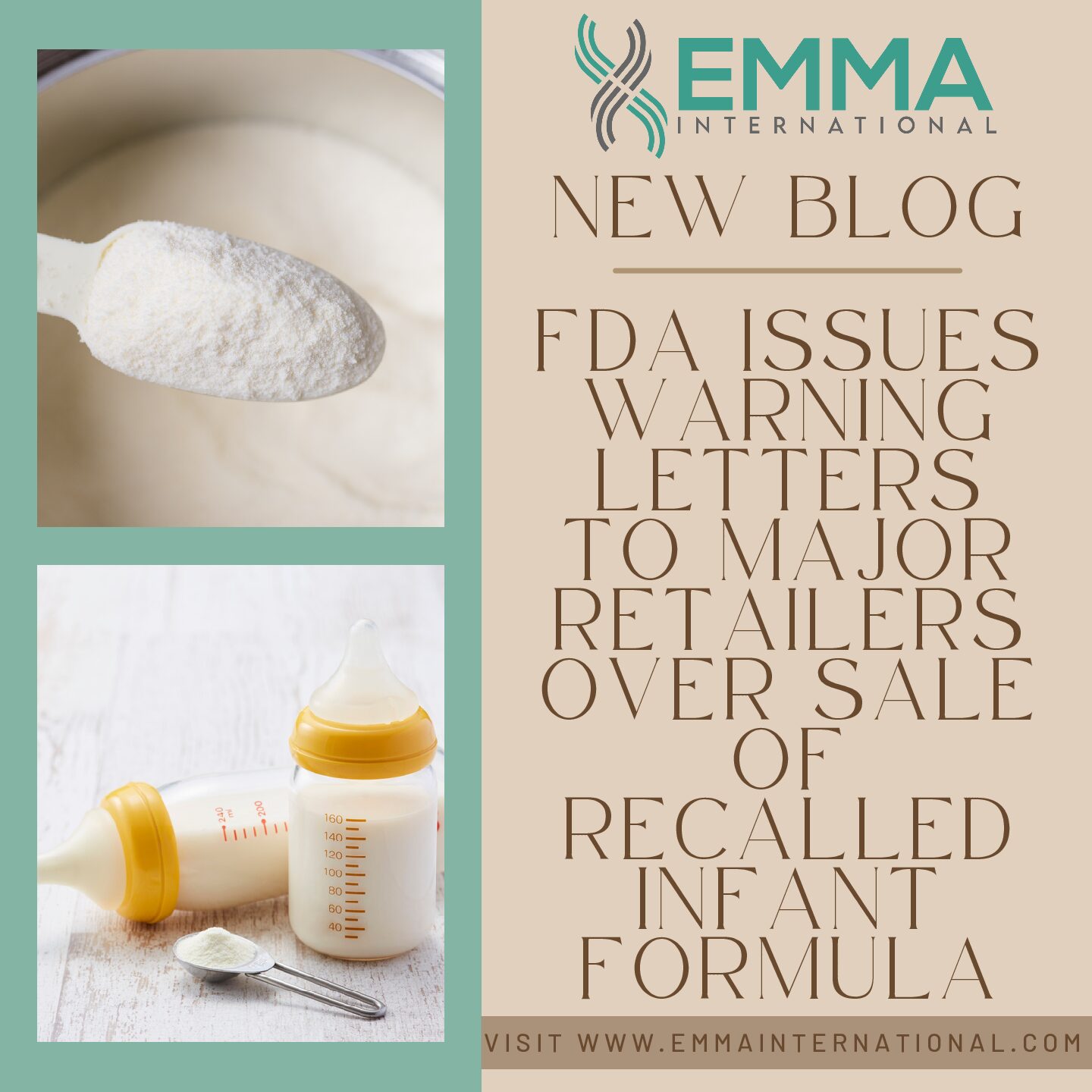Companion diagnostics (CDx) are at the forefront of personalized medicine, playing a critical role in tailoring treatments to individual patients. These diagnostic tests are designed to identify whether a particular drug or therapeutic product will be effective for a patient based on their specific genetic makeup or the molecular characteristics of their disease. As the demand for more targeted therapies continues to grow, companion diagnostics are becoming increasingly important in the development and delivery of precision medicine.
CDx are medical devices, often in vitro tests, that provide essential information for the safe and effective use of a corresponding drug or biological product. These diagnostics are used to determine whether a patient is likely to benefit from a specific treatment, to monitor how well a patient is responding to a treatment, or to identify patients at risk for adverse reactions. For example, a CDx might test for the presence of a particular genetic mutation that a targeted cancer therapy is designed to treat.
The Role of Companion Diagnostics in Drug Development
The integration of CDx into the drug development process has revolutionized the way treatments are developed and prescribed. During the development of a new drug, companion diagnostics are used to identify patient populations that are most likely to benefit from the therapy. This allows for more efficient and effective clinical trials, as the drug can be tested in a population that is more likely to respond positively. The use of CDx also helps to minimize the risk of adverse effects by identifying patients who may not be suitable candidates for the therapy.
Regulatory agencies, such as the FDA and EMA, have recognized the importance of CDx and have established guidelines for their co-development with therapeutic products. This co-development ensures that both the diagnostic and the drug are ready for market at the same time, allowing for a more streamlined and coordinated approach to treatment.
The Impact of Companion Diagnostics on Patient Care
For patients, companion diagnostics offer a more personalized approach to treatment. By identifying the specific molecular characteristics of a patient’s disease, healthcare providers can select therapies that are more likely to be effective, reducing the trial-and-error approach that has traditionally been associated with treatment. This not only improves outcomes but also reduces the time and cost associated with finding the right therapy.
For example, in oncology, companion diagnostics have been instrumental in the development of targeted therapies for cancers such as breast, lung, and colorectal cancer. Tests that identify specific mutations, such as HER2 in breast cancer or EGFR in lung cancer, allow for the use of targeted therapies that specifically address these mutations, leading to better outcomes and fewer side effects compared to traditional chemotherapy.
Challenges and Future Directions
While the benefits of companion diagnostics are clear, there are challenges that need to be addressed to fully realize their potential. The co-development of diagnostics and therapeutics can be complex, requiring close collaboration between diagnostic and pharmaceutical companies. Additionally, the regulatory pathway for companion diagnostics can be intricate, as both the diagnostic test and the associated therapeutic product must meet rigorous standards for approval.
Moreover, the adoption of companion diagnostics in clinical practice requires education and training for healthcare providers, as well as ensuring access to the necessary testing infrastructure. As the field of personalized medicine continues to evolve, there will be an increasing need for robust, standardized, and easily accessible CDx.
Companion diagnostics represent a transformative approach to healthcare, enabling more precise and effective treatments tailored to individual patients. As personalized medicine continues to grow, the importance of CDx in drug development and patient care will only increase. By overcoming the challenges and embracing the opportunities presented by these innovative diagnostics, the life sciences industry can continue to improve patient outcomes and advance the frontiers of medicine.
EMMA International offers comprehensive support for companies involved in the development and commercialization of companion diagnostics. Our expertise spans regulatory strategy, quality management systems, and clinical trial design, ensuring that your companion diagnostics are developed in compliance with global regulatory requirements. We assist in navigating the complexities of co-development, from early-stage research through to regulatory submission and market launch. By partnering with EMMA International, you can ensure that your companion diagnostics are positioned for success in the rapidly advancing field of personalized medicine. Call us today at 248-987-4497 or email info@emmainternational.com to learn more.
FDA (June 2023) Companion Diagnostics retrieved from: https://www.fda.gov/medical-devices/in-vitro-diagnostics/companion-diagnostics





